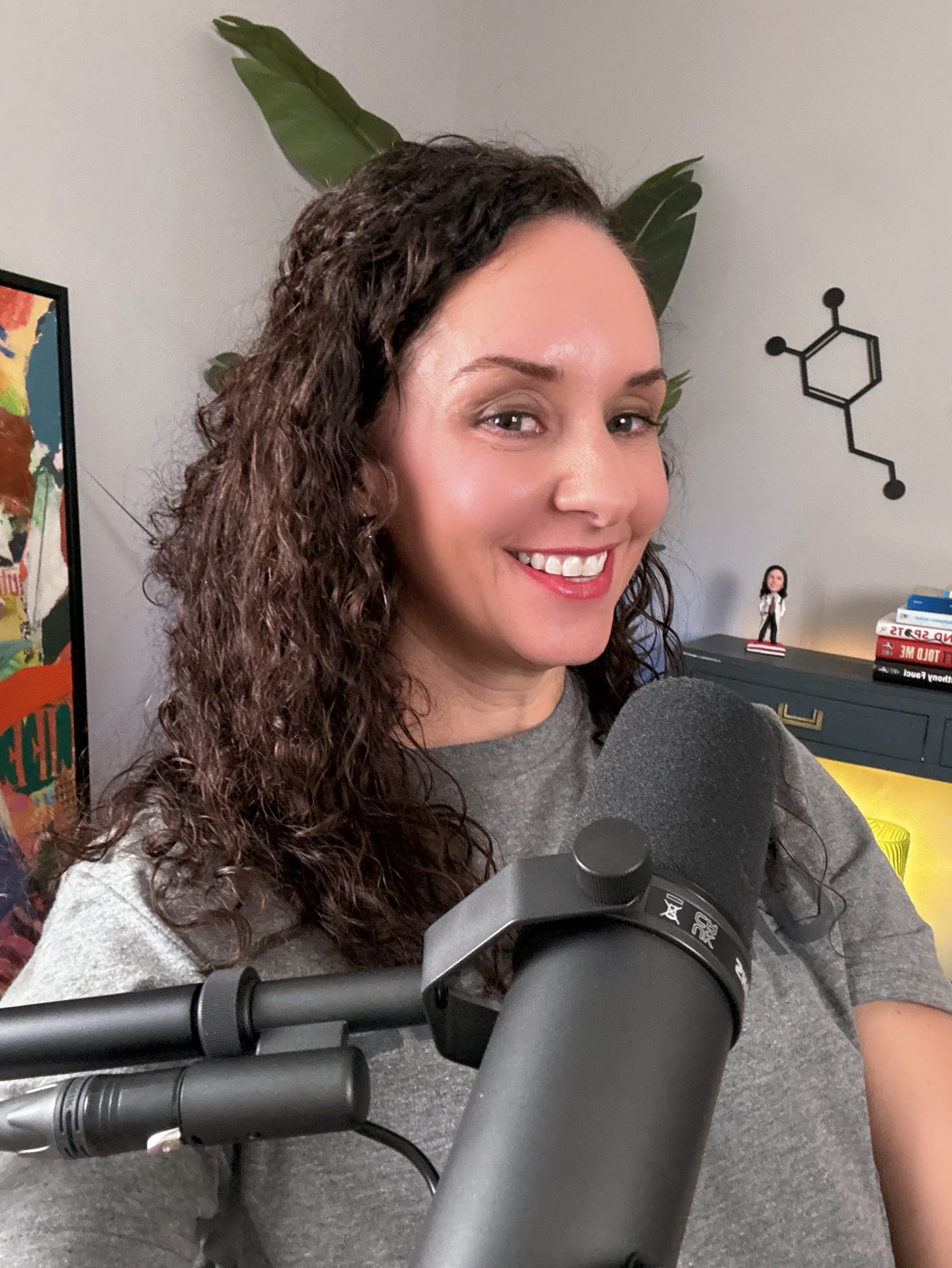"Patient-centered care" echoes through the halls of healthcare institutions.
But what happens when the organizations controlling drug pricing—Pharmacy Benefit Managers (PBMs)—operate in ways that fundamentally contradict this mission?
Dr. Kristin Speer, a PharmD and board-certified pharmacist, recently sat down with me on The Healthcare Liberty Lab to share her revealing journey.
From PBM insider to documentary filmmaker
A consulting clinician providing patient-specific pharmacotherapy recommendations for end-of-life care, she experienced firsthand the impact pharmacists could have on patient outcomes.
But her perspective shifted dramatically when she transitioned to a role in benefits administration within a larger PBM.
The cracks in the system became impossible to ignore:
misaligned incentives,
deliberately opaque pricing structures, and
a complex web of middlemen that often prioritized profits over both patients and pharmacists.
Rather than remain silent, Dr. Speer made the bold decision to leave her career and expose the truth through documentary filmmaking.
Her film, "Harmacy," pulls back the curtain on the pharmaceutical industry's most pressing issues.
Understanding PBMs: The Hidden Powerbrokers
PBMs wield extraordinary influence over America's drug pricing system, yet many people don't understand their role. Originally created to process prescription drug claims, these organizations have evolved into powerful intermediaries that:
- Negotiate prices between drug manufacturers and health plans
- Determine which drugs are covered by insurance
- Control how much pharmacies are reimbursed
- Influence what patients pay at the pharmacy counter
The COVID-19 pandemic exposed deep systemic failures within this structure, highlighting how PBMs' pricing tactics affect not just drug costs, but the very survival of independent pharmacies and the quality of patient care.
One of the most concerning trends Dr. Speer highlights is the struggle of independent pharmacies against chain retailers.
PBMs often create pricing structures that favor large chains, forcing many independent pharmacies—often vital healthcare providers in rural communities—to either sell to larger corporations or close their doors entirely.
The Human Cost
Beyond the financial implications, Kristin shares powerful stories about the human cost of our current system.
Pitting patients against the pharmacy in their attempt to afford life-saving medications, to pharmacists burning out under impossible working conditions, the consequences of PBM practices ripple throughout healthcare delivery.
But all is not lost.
There are strategies to consider that might help Pharmacy work better for individuals and for everyone as a whole.
1. Demand Transparency: Always ask the cash price (without insurance price) before paying. Call around before filling your scripts or reference apps that allow you to compare prices easily before choosing where to get your meds.
2. Support Pharmacists in a Clinical Role: Go to pharmacies where the Pharmacist is more accessible. Independent pharmacies are often the most likely place for this. Buying accessories at these stores also helps support their business without manipulation by outside parties.
3. Utilize Direct Payment Options: More patients are finding better prices by paying cash for medications, bypassing the insurance system entirely—a telling indictment of the current structure. If it’s cheaper or the same price to not use your insurance, consider not using it!
“Harmacy”
The issues within our pharmaceutical system aren't just about numbers—they're about people.
Whether you're a patient, healthcare provider, or concerned citizen, understanding these dynamics is crucial for survival and for advocating for change.
The solution begins with awareness. By exposing the complex web of PBM practices and their impact on healthcare delivery, we can work toward a system that truly puts patients first.
---
To learn more about these issues and watch Dr. Speer's documentary, visit https://harmacyfilm.com/
*This article is based on my interview of Dr. Kristin Speer on The Healthcare Liberty Lab*
Enjoy and thank you,
Tiffany















Share this post